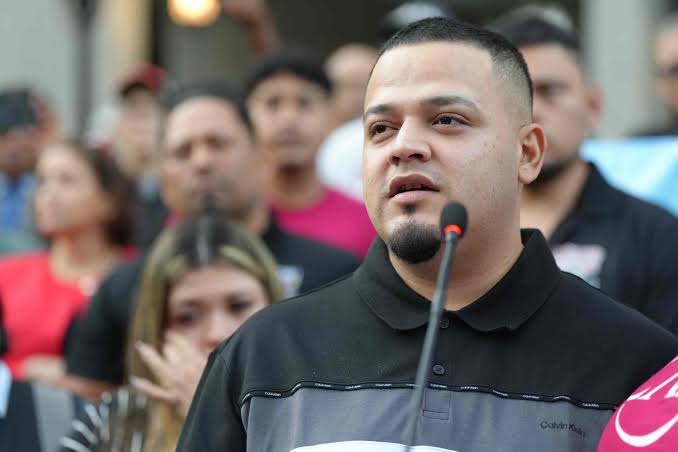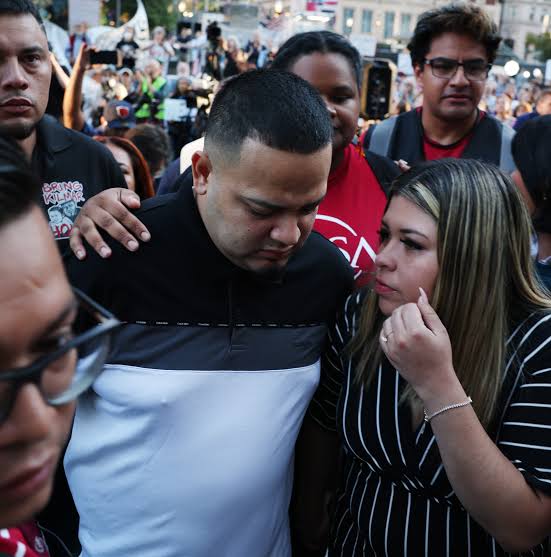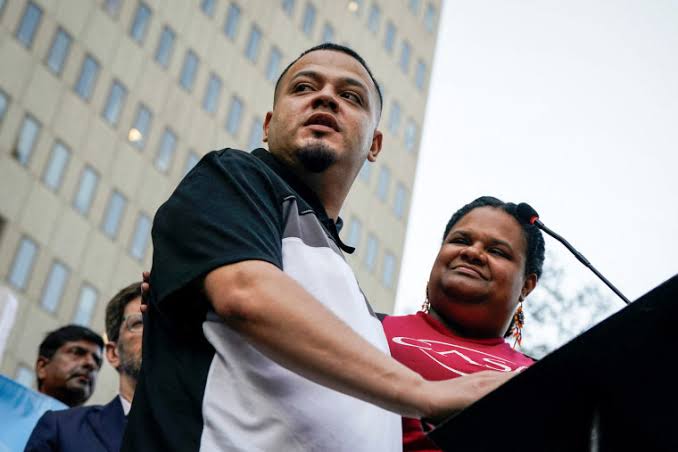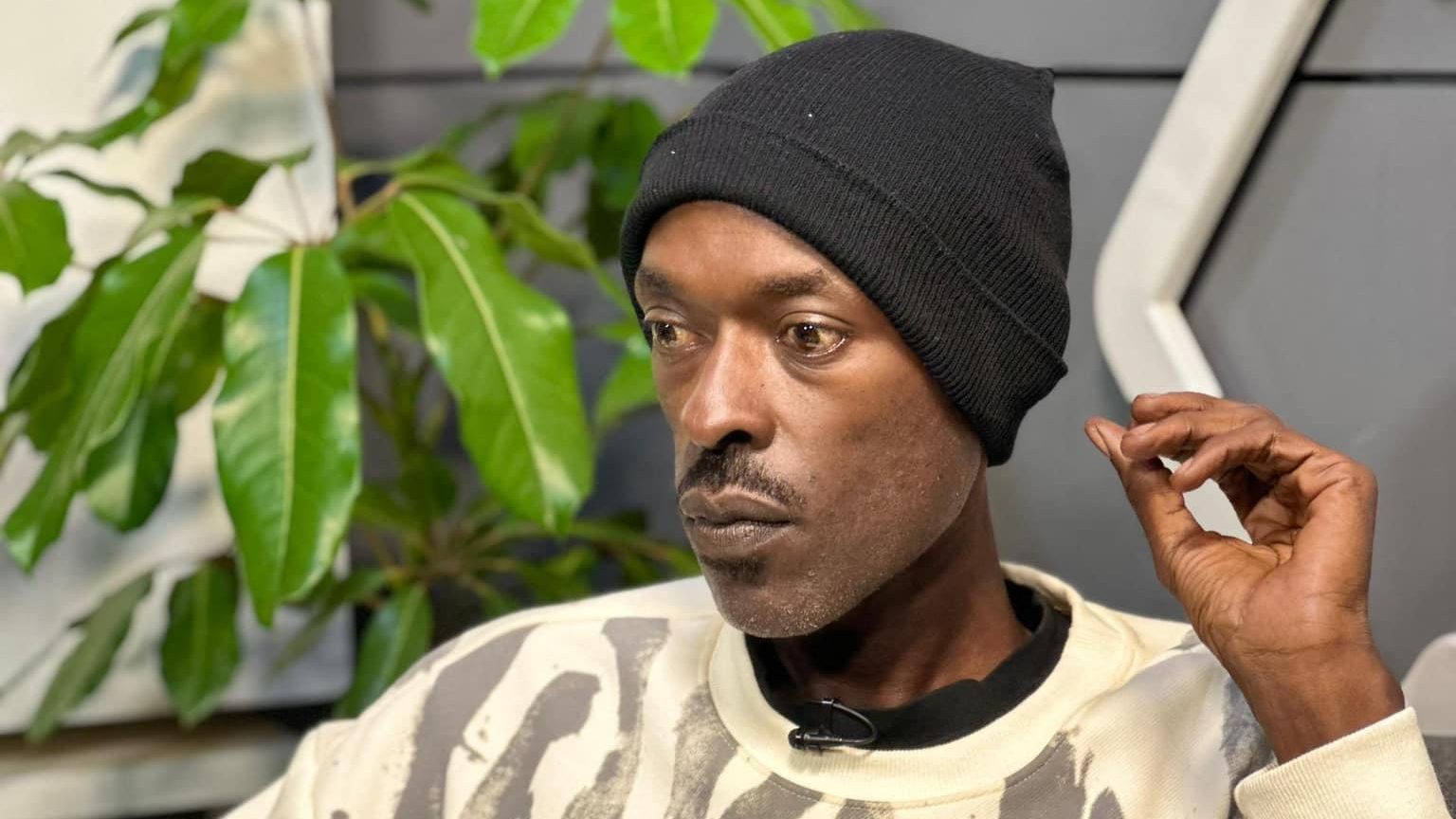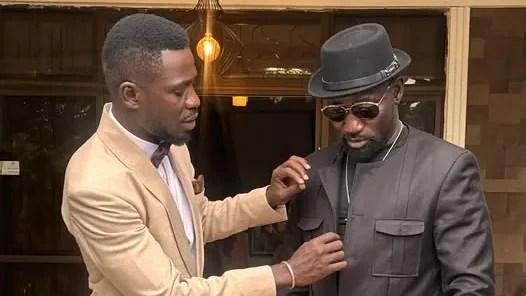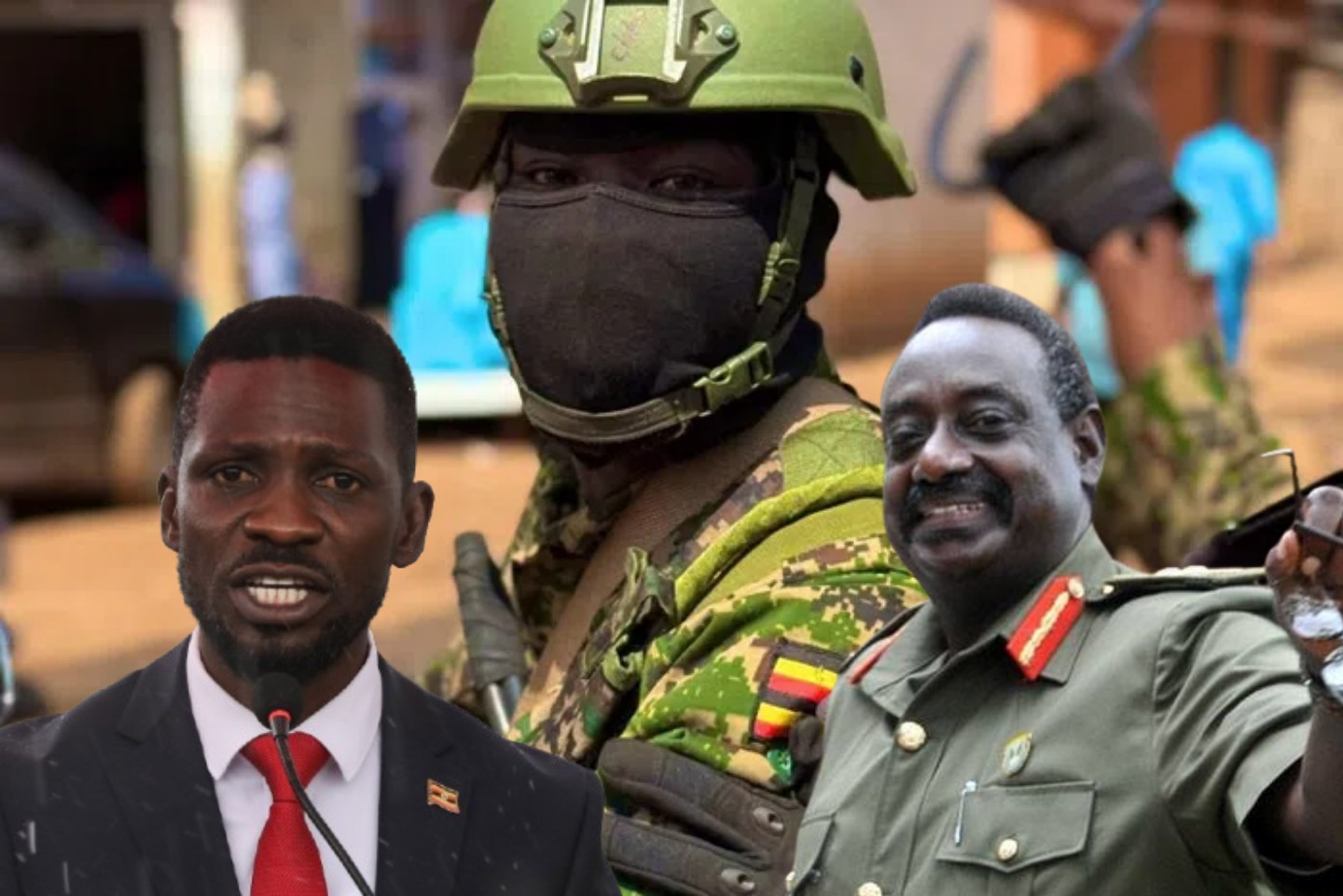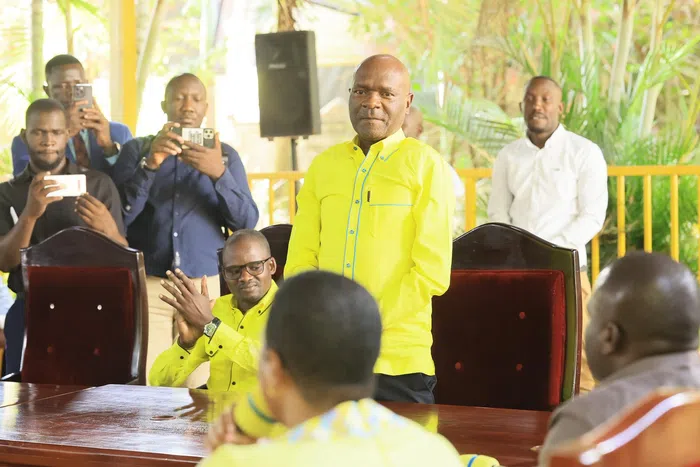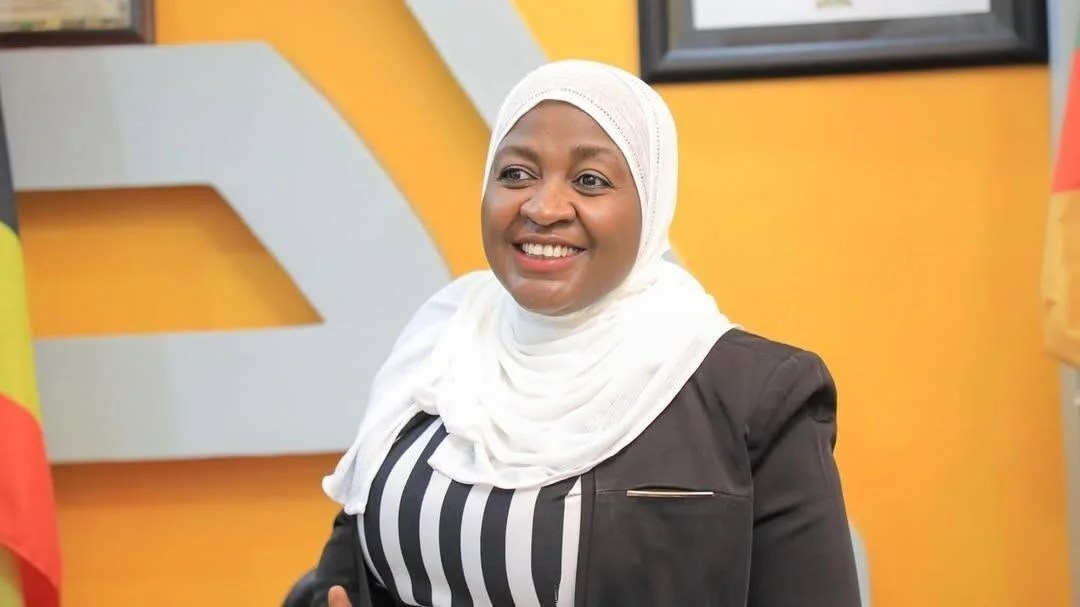The Trump administration is pushing to deport Kilmar Abrego Garcia to Uganda, despite the fact that he has no ties to the East African country — a move that has raised significant legal and diplomatic questions.
Abrego Garcia, who had been living with his family in Maryland, is currently seeking asylum in the United States, his attorneys told a federal judge earlier this week. His case has drawn national attention and sparked widespread criticism over the U.S. government’s controversial deportation practices.
In March, Abrego Garcia was illegally deported to El Salvador by immigration officials under the Trump administration. He was later returned to the U.S. in June to face charges of human smuggling — charges he firmly denies. After being released from custody on a Friday, he was re-arrested by ICE agents the following Monday, August 25.
Both President Donald Trump and Attorney General Pam Bondi have called for his immediate deportation, alleging—without providing verified evidence—that he is a criminal and a member of the MS-13 gang.
“He’s currently charged with human smuggling, including children,” said Bondi in the Oval Office. “The guy needs to be in prison, not on the streets.”
Despite this rhetoric, a federal judge in Maryland ruled that Abrego Garcia will remain in U.S. custody while he continues to pursue asylum. His next court hearing is scheduled for October 6.
Observers and legal experts have expressed confusion over why Uganda is being considered as a deportation destination for Abrego Garcia, a man with no Ugandan citizenship, heritage, or history.
Reports indicate that Uganda has a recent but limited agreement with the U.S. to accept certain deportees — primarily those without criminal records and from African countries. The Ugandan Ministry of Foreign Affairs confirmed such a deal exists, but emphasized that it does not apply to individuals with pending criminal cases or to non-African nationals.
“Uganda might want to pass him back to El Salvador,” says Cesar Cuauhtémoc Garcia Hernandez, an immigration law professor at Ohio State University. “That could allow the U.S. to bypass a court order blocking his deportation there.”
That court order was based on a 2019 ruling by an immigration judge who found that Abrego Garcia had a well-founded fear of gang violence in El Salvador — making it illegal under U.S. law to deport him there directly.
Should the deportation to Uganda proceed, immigration experts say that ICE agents would likely escort Abrego Garcia aboard a military or chartered flight, such as a Boeing 737, with his hands and feet shackled. Due to the high cost, such solo deportations are rare unless deemed politically necessary — which may be the case here.
The Ugandan government has not issued any formal statement on whether it would accept Garcia if he arrives. The Ugandan embassy in Washington, D.C. has not responded to media inquiries says a source in the USA.
As the legal process continues, and with Abrego Garcia’s asylum case still pending, his fate remains uncertain. The U.S. court system, international diplomacy, and Uganda’s final position on the matter will all play a critical role in determining what comes next.
